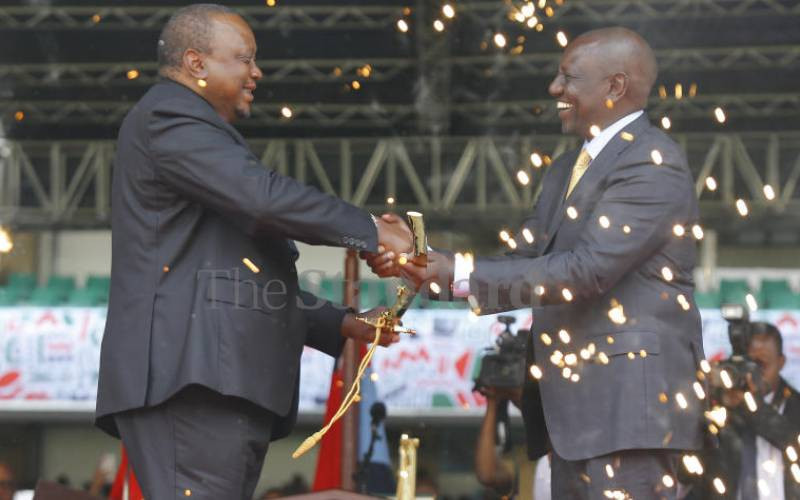×
The Standard e-Paper
Kenya’s Boldest Voice

Kenyans are sad. The nation's mood is low. The fireworks died too quickly. One would hope they would have translated into Kenyans fired up to work, but where there is no work there is no fire.
Then there is the tax fire that burns the work. The New Year is struggling to gain a hopeful bearing. Rough news is clouding the Good News. An angry presidency is not consoling a crying citizenry.